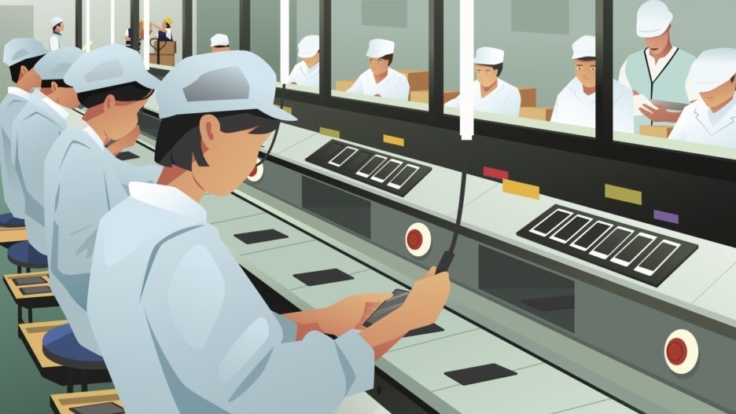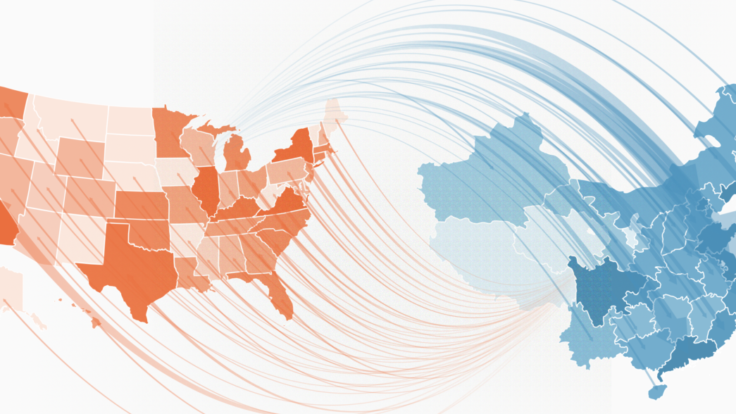U.S.-China FDI Goes Cold While Venture Capital Heats Up
As the U.S.-China trade war rages, two-way foreign direct investment (FDI) is plummeting. So far this year, combined two-way U.S. and Chinese FDI totals just $9.9 billion – its lowest six-month value in five years. At the same time, venture capital investment is becoming an increasingly bigger piece of the U.S.-China investment puzzle.








